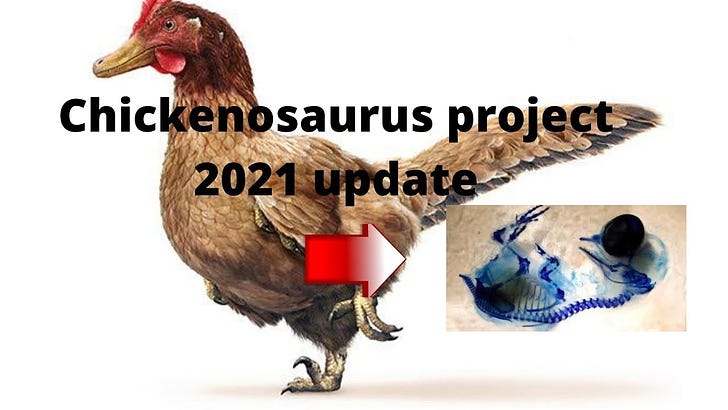
Original Blog Blurb from 2012
Dr. White is a careful and conservative scientist. One fascinating aspect of this topic I couldn't draw her into speculating about was the link between bacterial and cultural evolution, in other words, whether people invented the cultural practice of circumcision (the removal of the foreskin) at least partly to deal with infections. The medical literature argued back and forth about the effectiveness of circumcision for years until three randomized clinical trials in Africa agreed that the surgery cut HIV infection rates by about 60%. A clinical trial, involving thousands of subjects, is our gold standard for evidence. When we can't agree based on the best, most trusted procedures we know of, what chance did the ancients have? What would the ancients have used to make that decision? Was it even conscious? Did they think "wrath of God" when they saw penile ulcers? Were there penis ulcer outbreaks in Babylon?
Apparently, as Dr. White said, the oxygen may be the most important factor. Not just killing H. ducreyi, but a whole host of anaerobic bacteria species that create an "inflammation environment" that would make HIV infection easier.
My quick Googling for "influenza etymology" turned up argument even there, about the word's history. [Estimates range from ~1300 to 1700, and include assumptions of the time that astrology affected not only personality but health.]
The problem with cultural evolution, again, is that we're hung up on knowing what the unit of information is. What exactly is passed down? With words it's easy to imagine. They seem like discrete units. Or songs, or stories. But what about surgeries? Are they discrete units? Personally I think DS Wilson and the multilevel selection people are right. There are multiple possible units of information, of different sizes, and they all cooperate with or compete against one another. That's not a very satisfying answer until we know what all of the rules are, but it's an incremental answer, one that (I think) allows for more slow steady progress, rather than waiting around for some genius to hand us the one magical answer.
Updates from 2022
Multilevel selection continues to be a sticky issue in biology. The linked article from 2016 explores that controversy, in a specialist academic way. In showing these kinds of things to students, I usually suggest that they start with the pictures and dig deeper as needed. A simpler and more intuitive treatment is in this short YouTube video of a lecture by Robert Sapolsky, citing a book by David Sloan Wilson, who runs a think tank trying to apply evolutionary thinking to public policy.
In dealing with (I would guess) undergrads, Sapolsky deliberately cut some corners and even admitted to not remembering in precisely which city Calvinism started. That “sloppiness” probably increased his credibility with that audience, because it made him seem informal and approachable. In a lecture to colleagues, you can bet he would have checked that beforehand, and probably made notes about it, just in case.
While I was there, A&T was a formal, hierarchical kind of place. Faculty referred to one another by their titles when talking to students, and even talking to one another in formal semi-public situations like departmental meetings. I believe that Dr. White might have been chair of that department for a while, after I left. Now, according to her LinkedIn profile, she spends most of her time trying to push undergrads towards “professional” careers like medicine and law.












Share this post